After two decades in recruitment and talent leadership, I’m doubling down on the one thing that consistently determines whether a company wins or loses: People.
In 2024, more than 70 percent of companies reported costly mis-hires, according to SHRM. Harvard Business Review and Forbes have echoed the same concern – bad hiring decisions remain one of the most expensive and persistent problems in business.
Yes, investing in employee development matters. But it only works when you’ve hired the right person to begin with. Too often, companies pour time and money into developing people who were never a fit for the role or for the company or for the environment. Employees get stuck and eventually become disengaged, underperforming, and unhappy. Everyone loses.
Here’s what’s shocking: despite major advances in AI, data, and tooling, most companies today are less evidence-based in hiring than Google was twenty years ago.
I spent nearly a decade at Google, where hiring wasn’t just a function. It was treated as a mission-critical discipline. We used structured interviews, decision rubrics, hiring committees, and data-backed evaluations to reduce bias and improve outcomes. Every hire mattered. As Laszlo Bock wrote in Work Rules!, we made hiring a shared responsibility, grounded in data and driven by a simple truth: the best people drive the best outcomes. That mindset worked. The company scaled, the culture held, and execution accelerated.
The science behind it isn’t new. In 1998, Schmidt and Hunter proved that structured interviews, cognitive assessments, and work samples are strong predictors of job performance. Laszlo’s work showed how structure and discipline in hiring not only improve results but also reduce bias. Lou Adler’s “Two-Question Interview” remains one of the most practical, predictive tools for hiring managers.
But after I left Google in 2015, I saw the same broken pattern almost everywhere—startups, scaleups, corporates. Hiring was inconsistent, rushed, unstructured, or deprioritized. And every time, the impact showed up in execution, morale, and business performance.
The problem is even more painful in executive hiring. A wrong executive hire doesn’t just cost a salary. It costs momentum. It costs trust. It affects culture, alignment, speed, and the ability to deliver.
That’s why I launched Susan Pike & Partners: a global executive search firm focused on predictive, context-driven hiring. We combine operator insight, deep focus on context, structured evaluation, and AI.
And we’re building more. Together with two brilliant co-founders, I’m working on a stealth AI startup focused on interview intelligence and predictive hiring – tools designed to bring more clarity, consistency, and real insight to the most critical hiring decisions. We’re testing and refining everything through our own searches.
Larry Page said it best: “Hiring is the most important thing you do. Period.” He didn’t say that to recruiters. He said it to everyone. Because when hiring works, everything changes. Execution sharpens. Culture grows. People thrive. It’s one of the few levers that creates value for the business and the individual.
That’s why I’m all in







